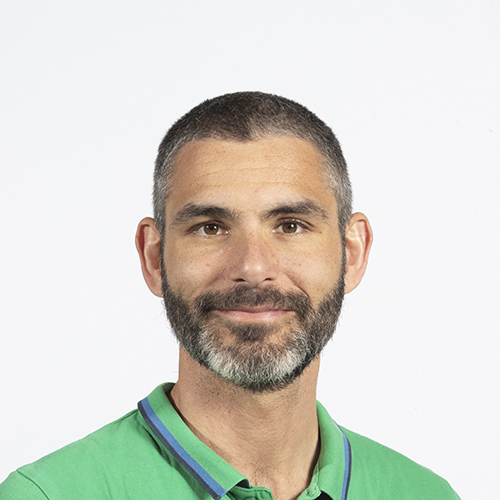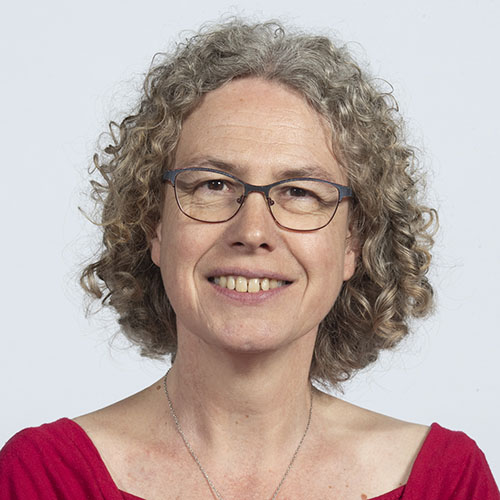What we do
About our project
Every person is unique and therefore we observe large differences between individuals in disease risk, treatment response and other human phenotypes. This diversity originates from an interplay between genetic and environmental variations. Optimal disease treatment or prevention for each individual requires a better understanding of the complex biology behind this interplay. Human disease modelling has been revolutionized by the arrival of induced pluripotent stem cells (iPSCs), which enables the generation of cellular and tissue models for each individual. Most iPSC studies have been conducted on a small number of donors (<10), but recent technical developments provide unique opportunities for large-scale applications (hundreds to thousands). Our Flagship “Convergence in a dish” proposes to build a novel platform to develop, test and apply large-scale Individualized CELLular models (iCELL) across the normal population, to capture and understand (genetic) diversity between individuals in complex diseases, such as neurodegenerative disease, osteoarthritis and cancer.
Our research focus
1) Implement hiPSCs in genotype/phenotype studies of large cohorts iPSCs in a dish. In this approach, a large number of hiPSCs are cultured and differentiated together in the same dish, and analyzed using sophisticated multimodal single-cell approaches.
2) Develop an array of “extracellular environments” that can be used to culture cells of a large number of individuals simultaneously
3) To capture molecular signatures explaining diversity in clinically-relevant (cellular) phenotypes across the population using machine learning models
4) Translation of the iCELL platform into research and healthcare applications. This will require early participation from various stakeholders and early estimates of the potential value of its applications.
2) Develop an array of “extracellular environments” that can be used to culture cells of a large number of individuals simultaneously
3) To capture molecular signatures explaining diversity in clinically-relevant (cellular) phenotypes across the population using machine learning models
4) Translation of the iCELL platform into research and healthcare applications. This will require early participation from various stakeholders and early estimates of the potential value of its applications.
Funds & Grants
Funding agency:
Convergence (Flagship program)




